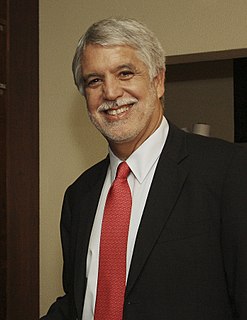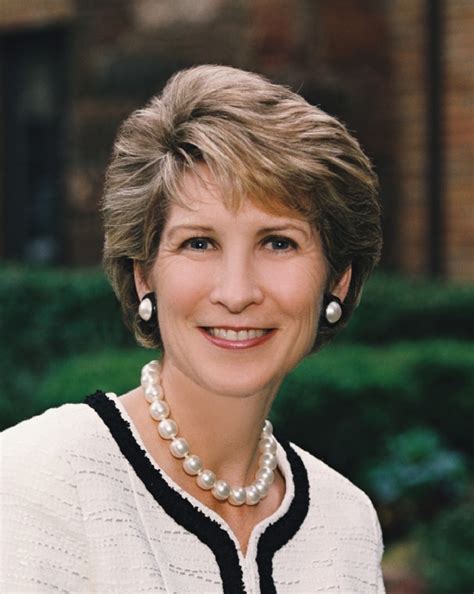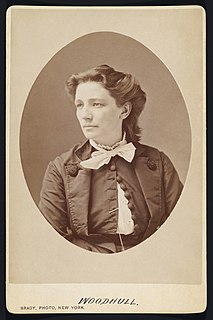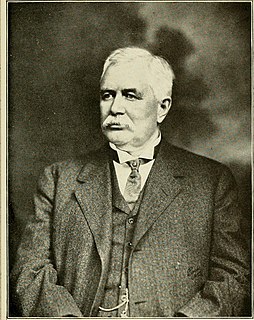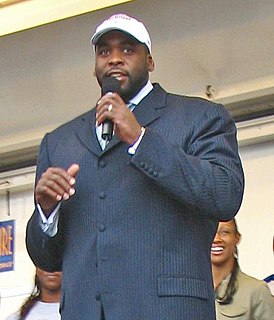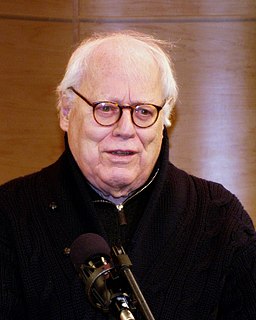A Quote by Enrique Penalosa
We had to build a city not for businesses or automobiles, but for children and thus for people. Instead of building highways, we restricted car use. We invested in high-quality sidewalks, pedestrian streets, parks, bicycle paths, libraries; we got rid of thousands of cluttering commercial signs and planted trees. All our everyday efforts have one objective: Happiness.
Related Quotes
In Bogotá, our goal was to make a city for all the children. The measure of a good city is one where a child on a tricycle or bicycle can safely go anywhere. If a city is good for children, it will be good for everybody else. Over the last 80 years we have been making cities much more for cars' mobility than for children’s happiness.
I took over a city that had two riots in four years and I had none. And they knew they couldn't riot on me. And when I saw the people on the street in New York City, I said to myself, you're breaking Giuliani's rules. You don't take my streets. You can have my sidewalks, but you don't take my streets, because ambulances have to get through there, fire trucks have to get through there.
The school children of New York State planted more than 200,000 trees within ten years from the time Arbor Day was recognized. Few similar efforts in years have been more thoroughly commendable than the effort to get our people practically to show their appreciation of the beauty and usefulness of trees.
Portland doesn't have a 'sit-lie' ordinance like Seattle or San Francisco. Our use of high pedestrian zones is significantly more limited and nuanced, but it gives authorities the flexibility they need to address specific public safety or public health threats in congested areas, by keeping our sidewalks accessible and walkable.
There were never a lot of attacks on my work. We were building more parks than were ever built in the city, building more recreation centers, fixing more streets. We had national events, the Super Bowl, the (Major League Baseball) All-Star game, Final Four. We built seven hotels. The city hadn't built a hotel in 20 or more years.
Like any place in Reality, the Street is subject to development. Developers can build their own small streets feeding off of the main one. They can build buildings, parks, signs, as well as things that do not exist in Reality, such as vast hovering overhead light shows and special neighborhoods where the rules of three-dimensional spacetime are ignored.
Wherever the title of streets and parks may rest, they have immemorially been held in trust for the use of the public and, time out of mind, have been used for purposes of assembly... and discussing public question. Such use of the streets and public places has, from ancient times, been a part of the privileges, immunities, rights, liberties of citizens. The privilege of a citizen of the United States to use the streets and parks for communication of views on national questions may be regulated in the interest of all... but it must not, in the guise of regulation, be abridged or denied.
